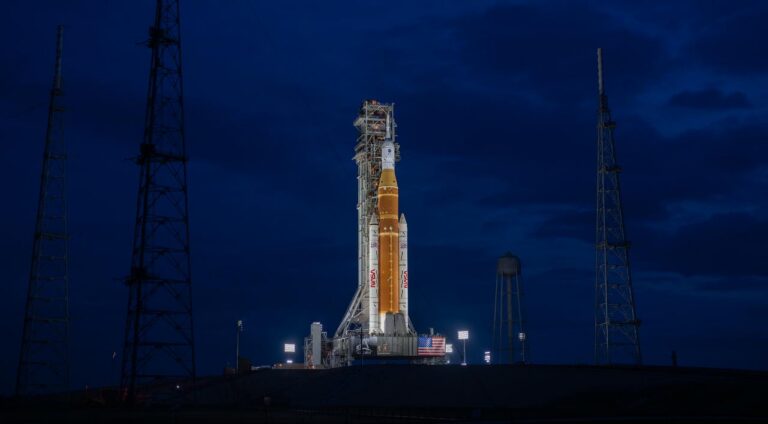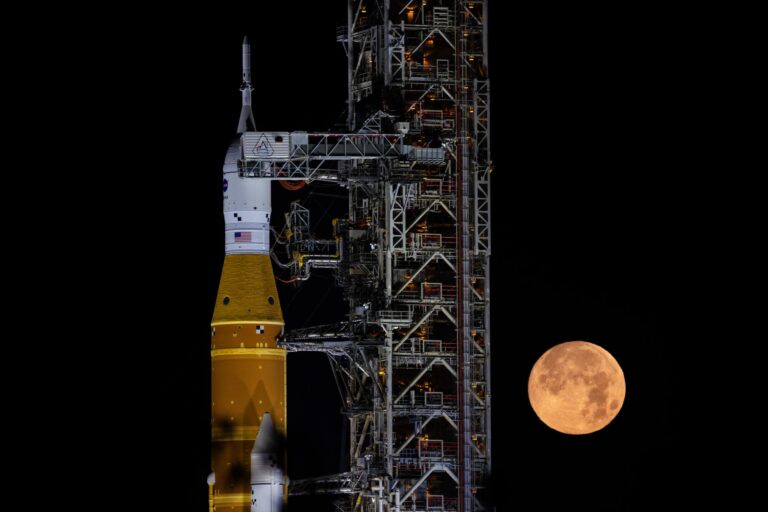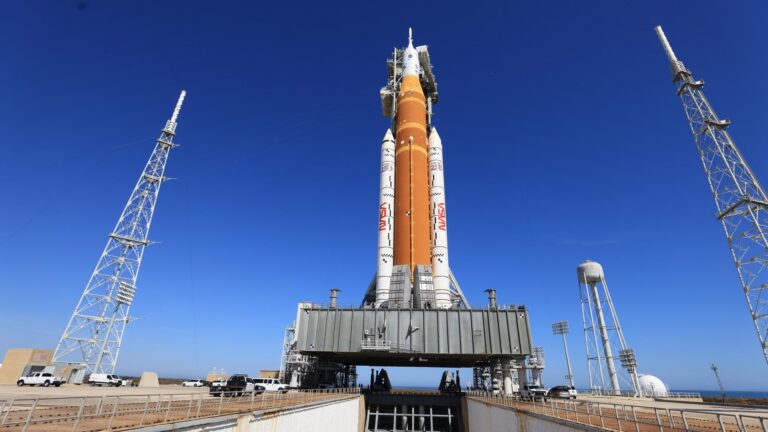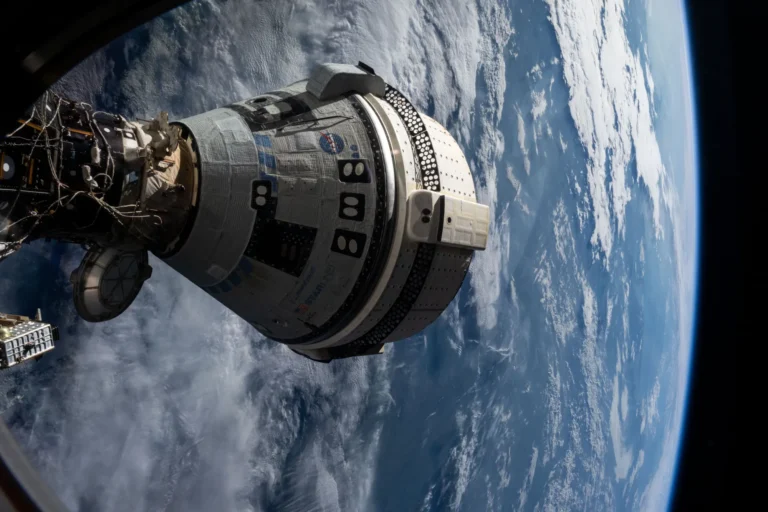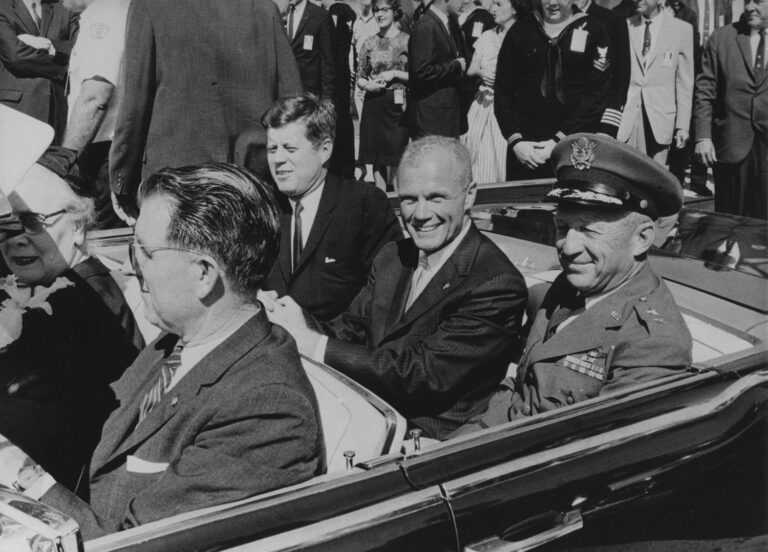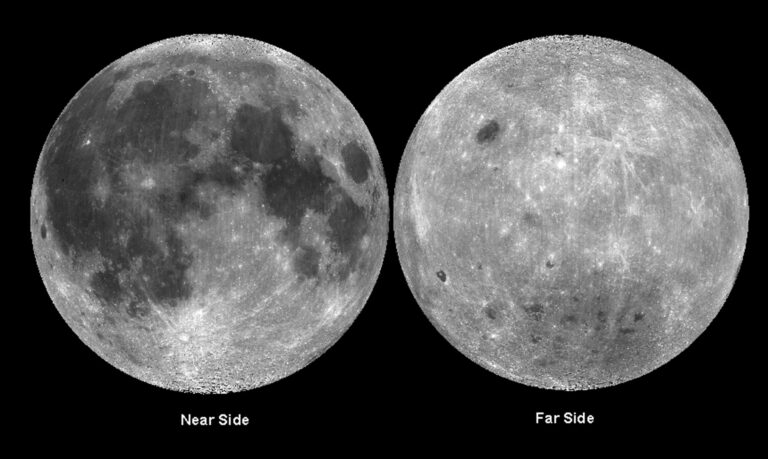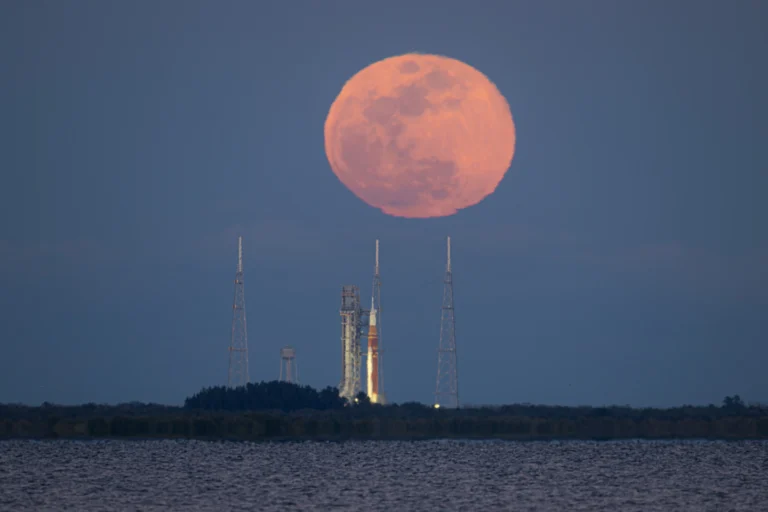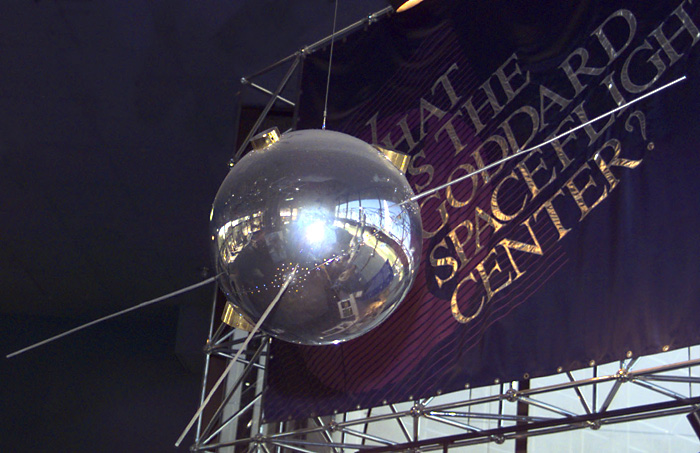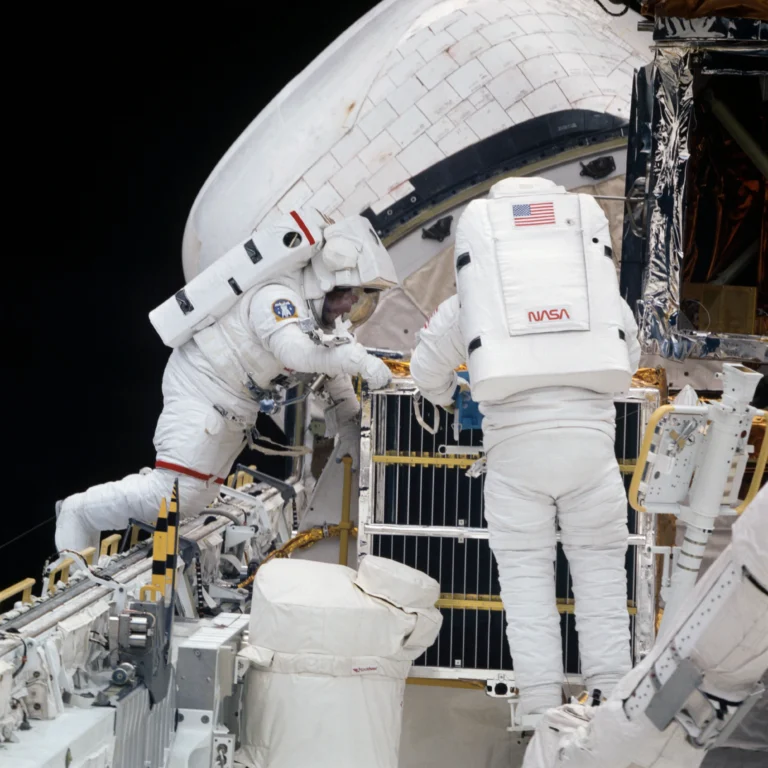When NASA announced the International Space Station crewmembers for upcoming missions, they ended up making history. First-flight astronaut Jeannette Epps will be the first African-American space station crewmember when she launches for her mission in May 2018.
Epps will join veteran astronaut Andrew Feustel who has been assigned as flight engineer for Expedition 56 and will remain on the International Space Station for Expedition 57.
The New York native has an impressive resume: a bachelor’s degree in physics from LeMoyne College as well as holding an M.S. and a Ph.D in aerospace engineering from the University of Maryland. She then spent two years as a technical specialist in the scientific research laboratory at Ford Motor Company and then went on to spend seven years as a technical intelligence officer in the CIA.
In 2009, she was selected as one of 14 people to join the 20th NASA astronaut class and currently works in the ISS Operations Branch where she works through issues in support of space station crews.
Epps said when she was around nine-years-old, her brother was the one who convinced her to work in the field after seeing her extraordinary grades in math and science. Though she didn’t think she would be selected to become an astronaut, she stuck with the idea of becoming an aerospace engineer.
“I met so many people applying to the astronaut corps and I was in aerospace engineering and there were a lot of people mechanical and in aerospace who were applying, but there phenomenal people weren’t getting in so it was at that point I said, ‘well maybe an astronaut is definitely not on my list, so I’m just gonna make my career whatever I want it to be’ and I kind of went from there,” Epps said in an interview with Astronomy.
As her first flight, a lot of preparation is required before she can board the ISS, including space walk training, robotics, T-38 jet training, geology and National Outdoor Leadership School training, as well as Russian language training.
T-38 jet trainers have been used in space training for about 30 years now to practice landing a spacecraft. Along with being comfortable with landing, the T-38 training makes pilots and mission specialists think quickly with situations that can change quickly. NOLS is a program that teaches environmental ethics, risk management and judgment, and leadership. The program helps by bringing the teams together and making them solve problems together without outside influences, similar to how it will be once in space.
Epps said she has also been learning to speak Russian for about seven years, including a five-week trip to Moscow and another language class there. She said learning the language isn’t just for flying on the Soyuz and understanding the controls on it, but also for communicating easily with crewmates. She said she has put in a lot of hard work and training over the last seven years and it has all been for “getting me into space and being a good crewmate.”
Epps said her main duty will be to maintain and update the ISS, along with experiments and studying how to get humans to fly in space longer and away from Earth’s gravitational field. They will also be doing experiments with rodents, genetics, and whatever NASA wants to do at the time.
“As a researcher, I think pushing the boundaries of our knowledge and what we know about space and what we know about the human body and living in space … that is a part of human nature and the human exploration spirit to want to go beyond what we already know and try to find out new and innovative things,” Epps said.
On top of the variety of research and duties she will be responsible for on the ISS, Epps said she’s looking forward to a rare opportunity: the humbling experience of seeing the planet we live on from a new angle.
“We see everything from telescopes and other views, but being on the space station gives you the rare opportunity to look at Earth from a different perspective,” Epps said. “A lot of people who come back talk about how their life perspective changes, too because you see the Earth as a whole and you realize that one of the big things is that there’s only the human race, there’s not a race on this continent or a race on another continent, but it’s just the human race.”
Out of the 200 people who have been on the International Space Station in its entire 17 years, Epps will only be the 13th woman and the first African American. According to Epps, NASA is improving their diversity and on a good track to increase those numbers, but in a world with a current lack of diverse representation, Epps understands just how far her hard work and success will go toward inspiring people.
“I realize the importance of it every day, especially with some of the comments I’ve gotten back from young women,” Epps said. “I think it’s very important for some women to have a role model that looks like them, so having someone that they can see and touch and say ‘hey if she’s doing that, I can do this, too.’
“I think it will go a long way for young people to see that if I’m doing these things, there’s no reason, absolutely no reason, they can’t get out and contribute and be a part of this as well.”



